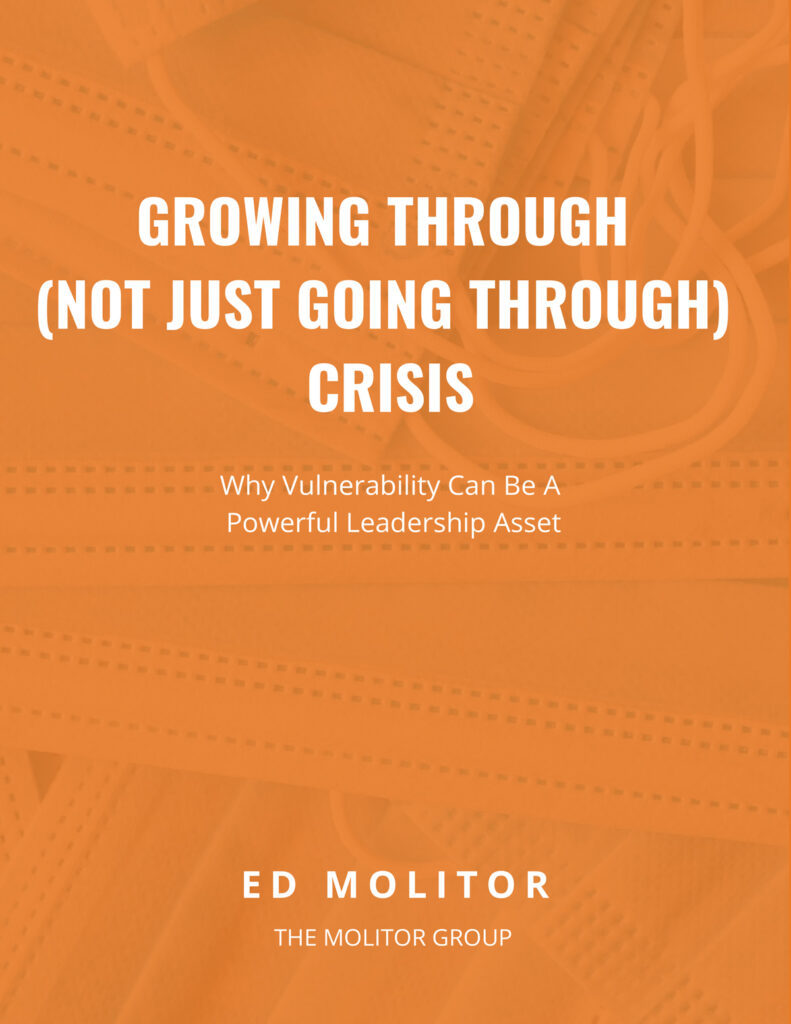It is easy to be the best version of yourself when things are going great. But as coaching leaders it is critical to learn how to show up for your team and provide the support they need to succeed when you’re not at your best.
As a college basketball coach, I had a game day routine down to the minute so I could get myself to focused and alert.
Of course, you might have to adjust it slightly based on the game time. You could be playing an early Saturday game or a late Monday evening game depending on if the game was being televised, on what channel, and how much that game mattered!
Regardless, you tried to be as consistent as possible so you could do your best to be the face and voice your team needed to see and hear.
My routine was simple.
I would work out before the pregame meal. Nothing crazy but enough to get a good sweat going and to sustain an elevated heart rate for 25-45 minutes.
During the meal I would eat and if it was my scout go through the report with the team and try to get an idea of their mood, attention, focus, and energy.
After I laid down for 15-30 minutes I would shower, get in my suit, and go through the scouting report one more time while having a cup of coffee.
When we were on the road, I would get down to the hotel lobby before the guys so you could see how they were carrying themselves as they got on the bus.
Here is the thing. It was a lot easier to show up the right way on game day when the lights were shining in the arena, the band was playing, the energy was high, and you knew for the next 90-120 minutes you were going to be locked into a battle.
But what about Monday morning at the office or Tuesday afternoon at workouts in the off-season, or maybe when you are sitting in your office and a player walks in unannounced in the middle of the day to dump something on you that no one saw coming?
At those moments the people you lead do not care what is going on in your personal world.
They need the best version of you possible.
Showing Up Consistently Can Build Psychological Safety
There are days you may feel overwhelmed, drained, distracted, and quite honestly….not in the mood.
These are the days that you need to be your best even when you are not at your best.
You need to be extremely conscious of where you are mentally, physically, and emotionally and what is influencing and impacting your thoughts and emotions.
One of the biggest ways to earn trust and create psychological safety is to show up consistently for your people regardless of what is happening in your world.
I had someone say to me, “you know what I love about my manager….he never drops the ball.”
“When he says he is going to do something, he does it and I know I can count on him.”
Sounds simple, but you and I both know that at times it is not that simple.
I can guarantee you though that leader understands that his role as a coaching leader is about commitment and conviction and not about convenience.
Being a coaching leader is not glamorous, it is not perfect, and it certainly is not convenient. But it is vital to the success and growth of your team and organization, and it is beyond fulfilling.
Coaching Practice
There are times when you are not in the mood to have a one-on-one meeting with a team member. But we need to get ourselves to a place where we can serve them.
So, what can you do to show up when you are not in the mood?.
Take a minute before you start the meeting and be intentional about what you need to cover and accomplish in that meeting even if it is just a check-in.
Then identify what your energy needs to be, your body language, and the questions you need to ask.
You will certainly have a message for them and a teaching point to share and some other items to cover.
This is an opportinuty is where you can show up even better on a challenging day than you would on an average day. Be intentional about giving them even more of you than you normally would.
Share an old success story, a laugh you have shared in the past, ask about a family member you have not talked about in a while.
Or simply ask them if they truly feel valued, if they understand how important their work is and what else can you do for them as their coach.
This was originally published as a weekly newsletter from Ed Molitor, with The Molitor Group. If you’d like to receive the weekly newsletter, follow this link to subscribe.



